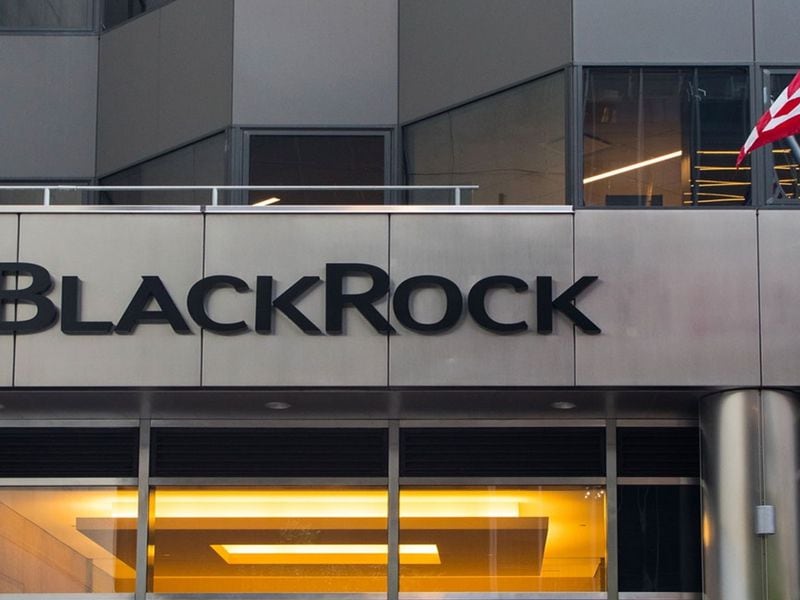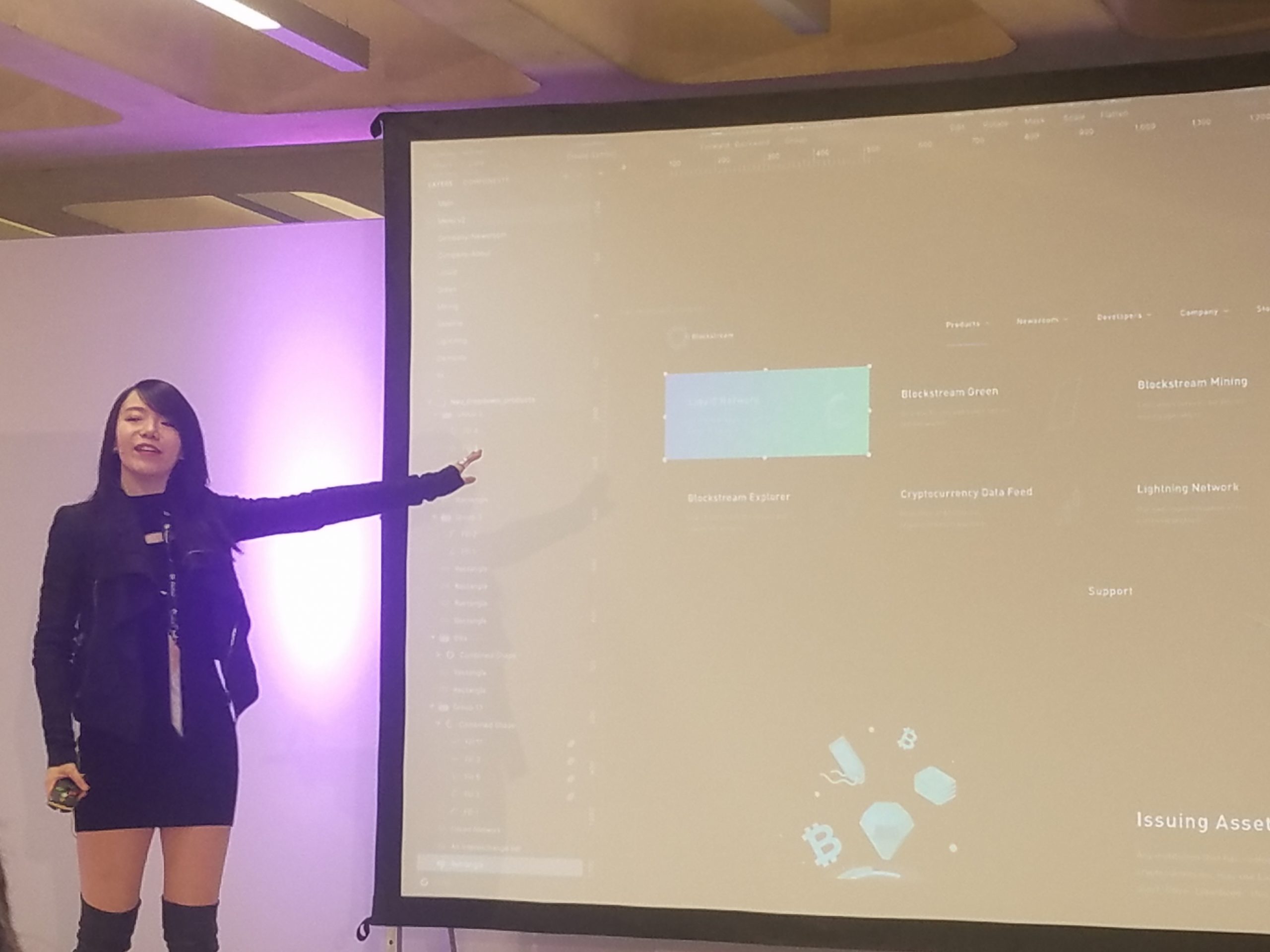Trump and Biden Tied on Polymarket, Diverging From Polls
This week in prediction markets:
-
Polymarket is giving both Donald Trump and Joe Biden a 45% chance of winning the U.S. presidency – with former first lady Michelle Obama at 5% and wild card Robert F. Kennedy Jr. at 3%.
-
Bettors aren’t decided on who is going to control the House and the Senate.
The Polymarket election contract for the U.S. general is giving a split decision on the chances of former President Trump and incumbent President Joe Biden getting elected, which puts it at odds with polls.
Currently, “yes” shares for Trump and Biden are both trading at 45 cents, indicating the market gives each candidate a 45% chance of winning. A share pays out $1 if the prediction turns out correct, and zilch if it doesn’t.
Traders on the crypto-based prediction market have wagered a record-breaking $124.43 million on the election; of that, $28.25 million has been bet on or against the two leading candidates. Michelle Obama, wife of former President Barack Obama, is trading at 5%, while independent Robert F. Kennedy Jr. is at 3%.
:format(jpg)/cloudfront-us-east-1.images.arcpublishing.com/coindesk/TNDGCNPCU5GP5AEUSNFBTA6G3E.png)
This tie appears to come at Trump’s expense, as the presence of longshot third-party contenders has helped Biden. Market data shows he’s down one point in the last month while Biden is up three points.
With this tie, prediction markets are breaking away from national polls, which they had been tracking closely for a period (but not always), that give Trump campaign an edge over Biden.
Polls averaged by 538 show that Trump has a 0.7 percentage point lead over Biden – and Kennedy is coming in at 10% – whereas 270toWin gives Trump a 0.9 point margin.
At the same time, there’s a wide range of leads that pollsters are giving Trump. Some, like polls conducted by Harris in association with Harvard, give Trump a seven-point lead (in a five-way race with Biden, RFK, and two outlier candidates). A late April poll from CNN gives Trump a nine-point lead. Others, like TIPP Insights, give Biden a slight lead. YouGov’s poll for The Economist agrees with Polymarket on the tie.
The big change in the last few weeks has been a notable inflow of money into the Biden election contract – which has given the incumbent’s odds a boost.
Months ago, when the contract was in its infancy, Trump led by a commanding margin: 53% compared to Biden’s 33%, which was completely out of alignment with national polling. At the same time, more money was bet on or against Trump than Biden: $6.46 million to $4.6 million.
:format(jpg)/cloudfront-us-east-1.images.arcpublishing.com/coindesk/PP7MLKJBPVEBJDLTAWDMUCB4FE.png)
Perhaps the numbers will even out as the pool of participants becomes more inclusive.
On PredictIt, the popular U.S. election market platform, traders favor Biden, with 50% odds, over Trump at 48%. Unlike Polymarket, which was banished from the U.S. under a regulatory settlement, PredictIt takes bets from Americans (for now, at least – last week the Commodity Futures Trading Commission proposed to ban election contracts).
Then again, Polymarket’s nine-figure volume on the presidential election dwarfs PredictIt’s, which totals 13.9 million shares, meaning the dollar volume is less than $14 million.
Balance of power
On Nov. 5, voters aren’t just going to elect a President, but also vote for their local Congressman and Senator, with all 435 House seats up for election and 33 Senate seats being contested.
Officially, the U.S. is a bicameral system, with the two legislative bodies working to craft bills that are sent to the president for signature. But the reality is the balance of power is a three-part affair, with the president able to reject what’s sent to him, or bills dying from between the House and the Senate, or being substantially modified in the process.
Hence, the balance of power is key, and Polymarket bettors are sure that the Republicans will control the Senate, as two different contracts asking the same question are coming to similar conclusions.
In the first, which asks bettors about the balance of power post-2024 election, bettors are saying cumulatively between various options that they are approximately 77% sure Republicans will take the Senate.
:format(jpg)/cloudfront-us-east-1.images.arcpublishing.com/coindesk/4N36EJUUIJG4JAGZPAQ72RE5UU.png)
A similar contract asks about Senate control specifically after the election, which gives Democrats a 27% chance and Republicans a 74% chance, slightly underplaying the odds of the other contract.
These two Senate-related contracts don’t have a significant amount of money in them yet, so a more clear picture might emerge after they bulk up their treasuries. Regardless, with some pollsters reporting tight races and the possibility of ticket splitting it will be interesting to see how prediction markets shape up as election day gets closer.
Edited by Marc Hochstein and Nick Baker.









